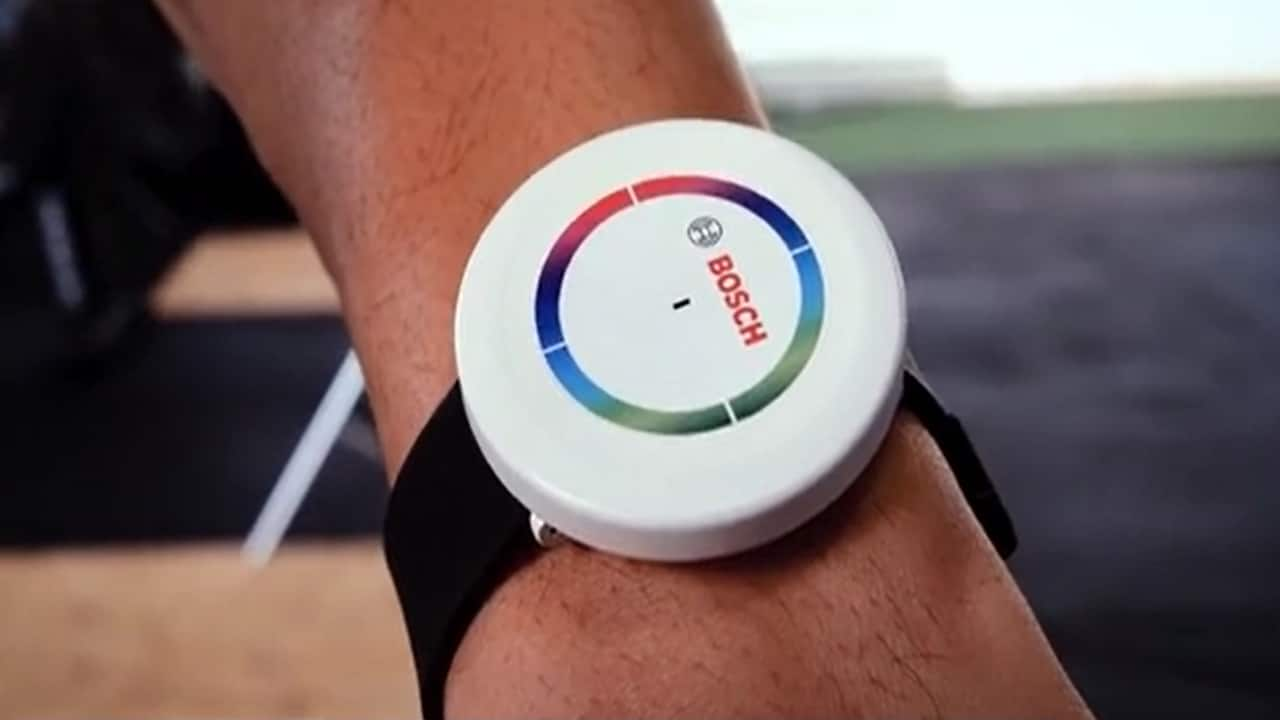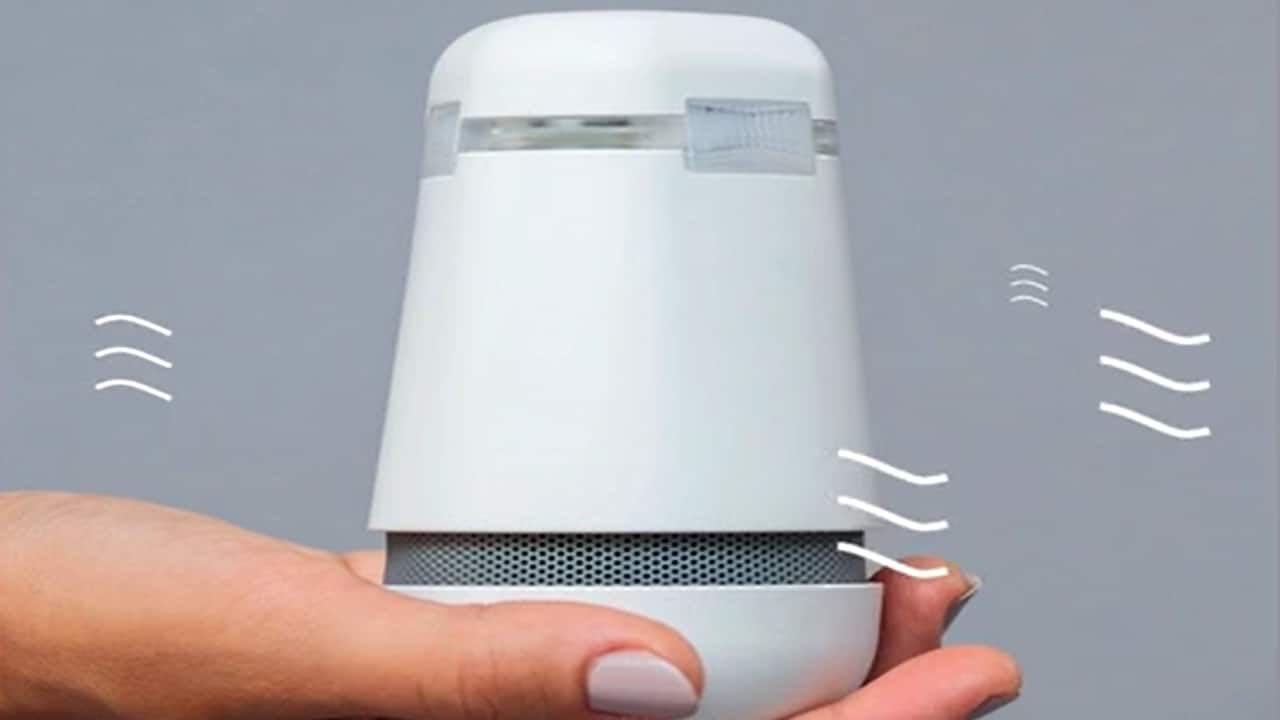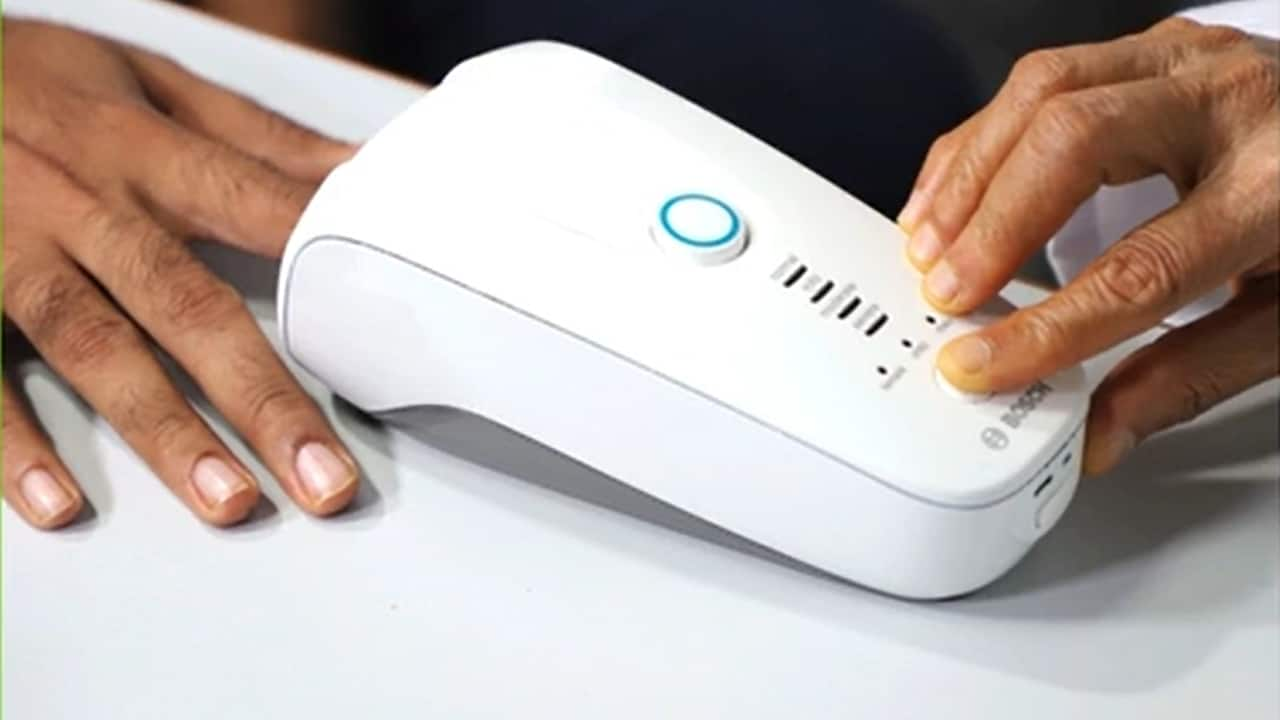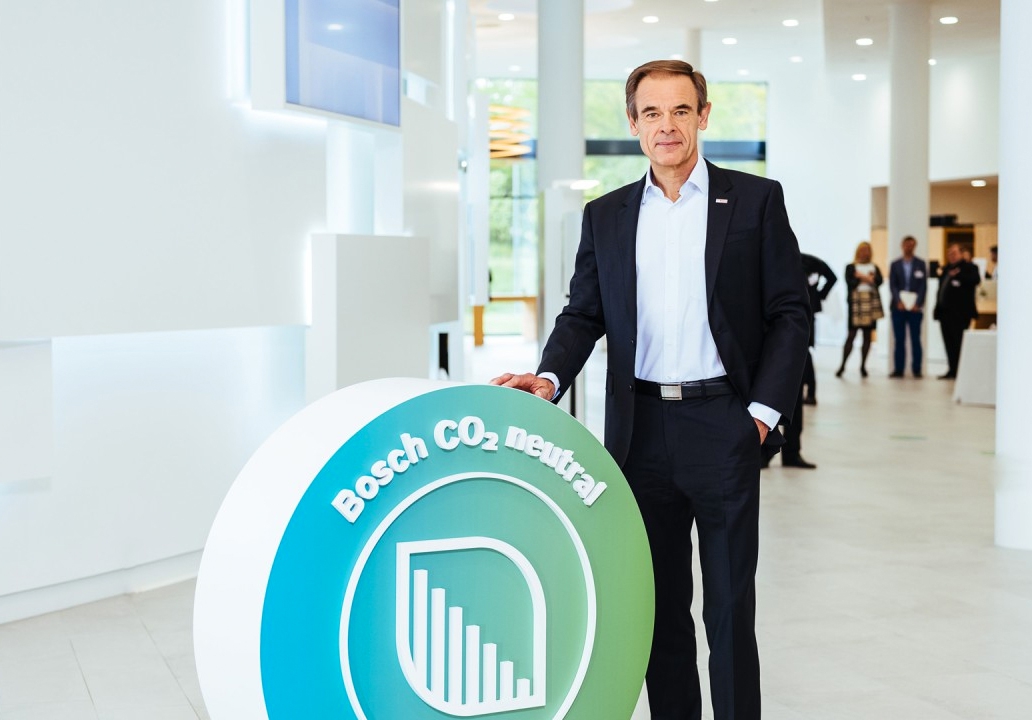Bosch said that the idea is to have AIoT which combines artificial intelligence (AI) and Internet-of-Things (IoT) into developing smart solutions for the future.
Global technology, consumer goods, and mobility company Bosch has become carbon neutral in 2020. During an address at the technology show CES 2021, the company said that the idea will be to have a new concept called AIoT which combines artificial intelligence (AI) and Internet-of-Things (IoT) into developing smart solutions for the future.
Speaking at the virtual event, Michael Bolle, Bosch CTO, CDO, and management board member said, “AIoT offers enormous potential. We are already unlocking this potential and plan to expand our efforts in the future.”
The company will be making an investment of $2 billion in the areas of machines, services, and green energy till 2030.
A study recently published in Germany indicated that AIoT can go beyond health applications to support climate action as well. The study found that comprehensive digitalisation in mobility, manufacturing, and building technology could help get the country nearly halfway to achieving the Paris Agreement emissions targets.
Bolle added that now that Bosch has met the carbon neutrality goal, the company is shifting focus to an even bigger challenge: the emissions of our entire value chain. This includes the goods purchased to the disposal of the products sold across all business areas.
He explained that the emissions from these upstream and downstream sources are 100 times greater than the emissions of the locations at the time Bosch announced our carbon-neutrality target.
“By 2030, our goal is to reduce these emissions along our entire value chain by 15 percent. This is not a number we came up with on our own. We agreed to this goal with the Science-Based Targets initiative, an international partnership set up to facilitate swift climate action in the private sector. We are the first automotive supplier to join this effort with a defined target,” he added.
What are the innovations on display at CES 2021?
Among the innovations, Bosch is debuting at the technology show is the world’s first self-learning AI sensor for wearables and hearables in fitness tracking.
Since the AI runs on the sensor itself (edge AI), there will not be any need for an internet connection during an exercise session – this improves energy efficiency and data privacy.

This product can look at repetitive daily exercises including workouts like bench press using weights and then accurately measures these activities.
Bolle added that in this device the AI runs on the sensor itself and that user data remains fully private since it doesn’t need a cloud connection or tethered smartphone to work.
Healthcare is an area which the company is betting big on. Bolle said that the company is working actively to extend and expand its solutions in this field. We see that in the health arena, innovation takes an important role.
Bosch is presenting a sensor that measures factors such as air quality and relative humidity. This delivers information about the concentration of aerosols in the air. This data has become especially important in the fight against the Coronavirus.

For Coronavirus control, the company is also debuting a new camera solution with integrated intelligent video analysis measures body temperature contactlessly, anonymously, and with high precision – with a maximum deviation of half a degree.
Moreover, using a software solution for the open camera platform of the Bosch startup Security and Safety Things, these cameras can detect whether the number of people in a shop complies with the prevailing coronavirus restrictions.

In the healthcare segment, a new launch is portable hemoglobin monitor that can detect anemia by means of a finger scan. The device is particularly well suited for regions that have insufficient access to medical care. Equipped with AI, the hemoglobin monitor delivers a result within 30 seconds – no lab test or blood draw necessary.
New division
The combination of electrified and automated driving – with personalised and connected services – is causing an increasing demand for automotive software and electronics. Where a car included roughly 10 million lines of software code in 2010, the software of today’s non-automated vehicles already runs to 100 million lines of code.
Mike Mansuetti, president of Bosch North America said that to capitalise on their long-standing expertise in both of these domains, Bosch is now pooling the software and automotive electronics expertise from the areas of driver assistance, automated driving, car multimedia, powertrain, and body electronics in a new division called Cross-Domain Computing Solutions, which started operation just 10 days ago.
This division is home to 17,000 Bosch associates around the world, nearly half of whom are software engineers. In setting it up, Mansuetti said that the company intends to master and reduce complexity in future vehicles through cross-domain software and electronics solutions.
“In particular, we’re focusing on powerful vehicle computers, which will take over from the multitude of individual control units used today. Our goal is to get new vehicle functions on the road significantly faster in the future, make cars more intelligent, and provide drivers with tangible benefits,” he added.




